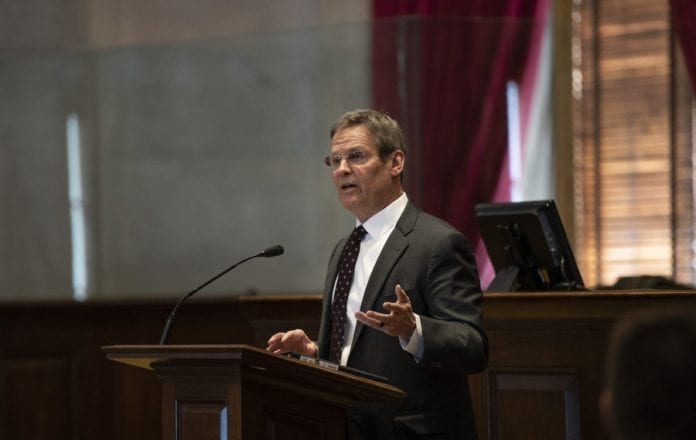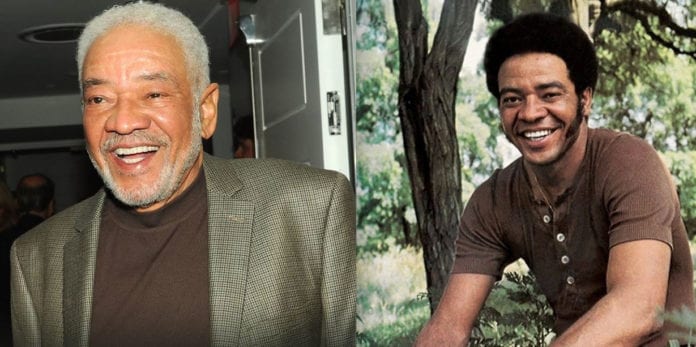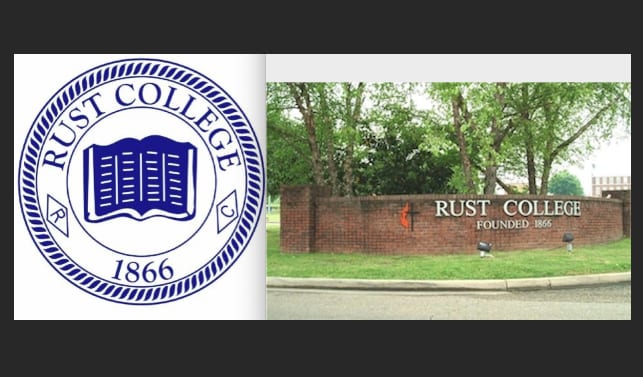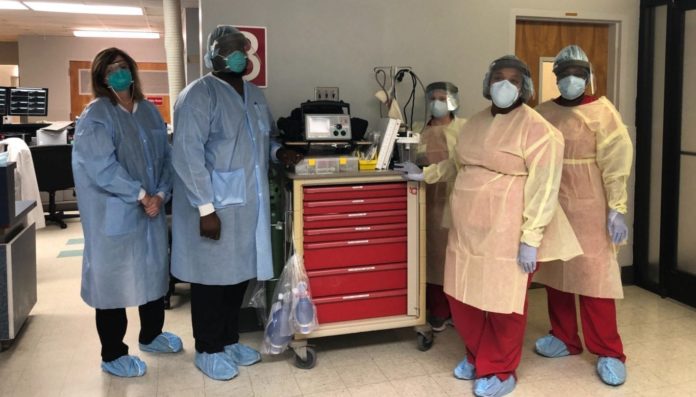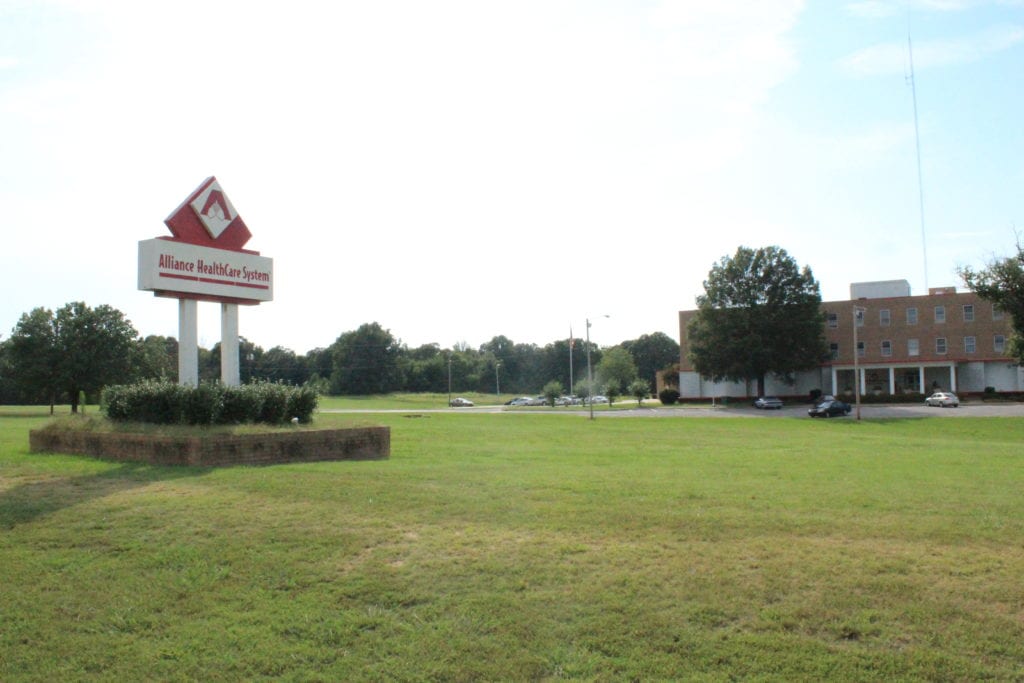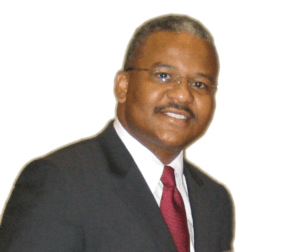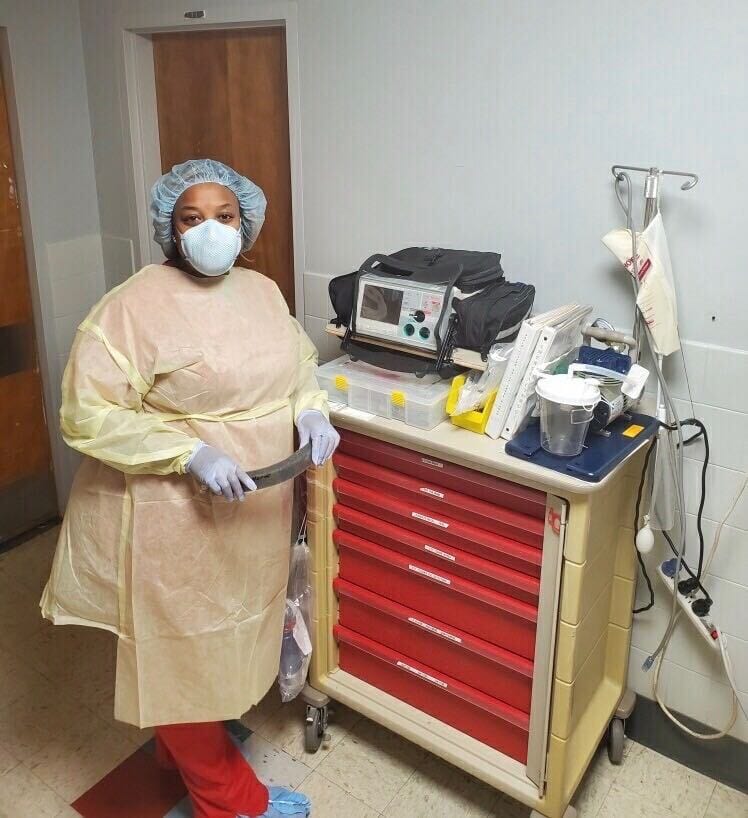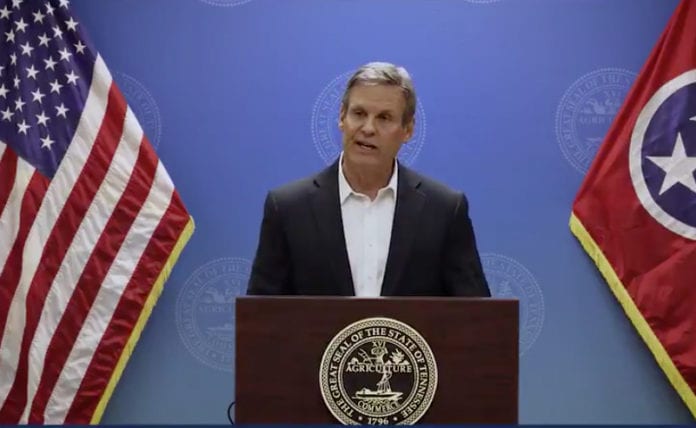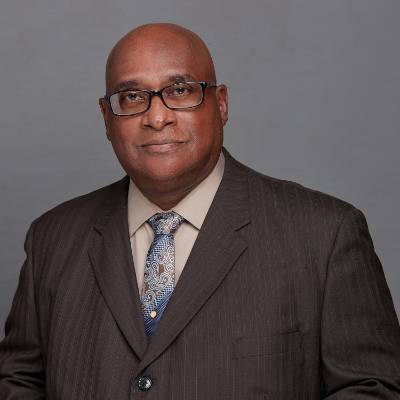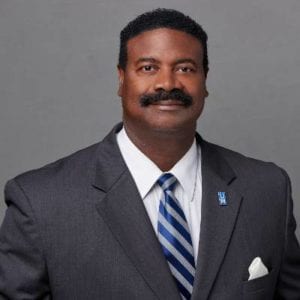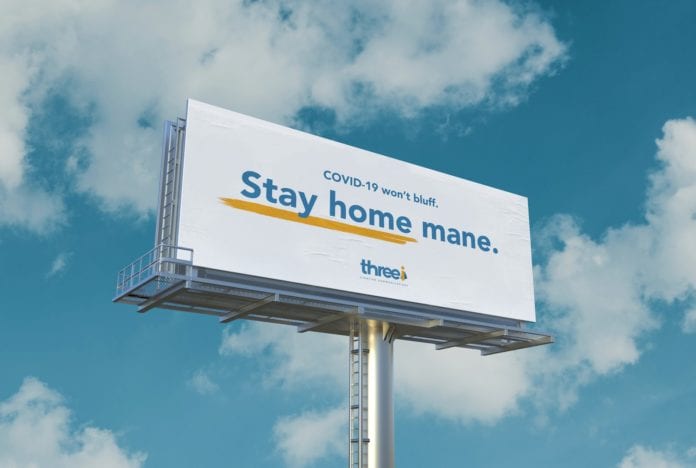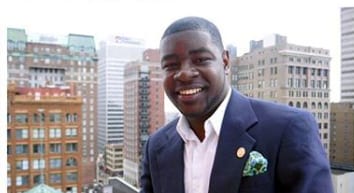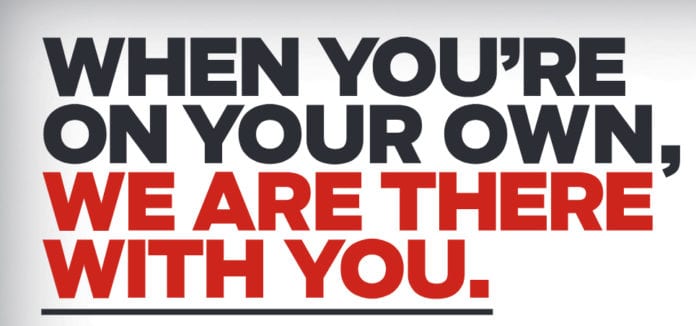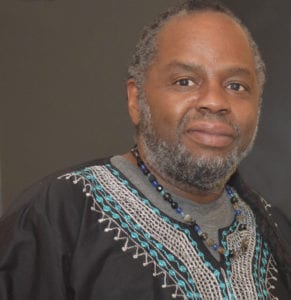by Jonathan Mattise —
NASHVILLE — Tennessee Gov. Bill Lee has signed several election law changes that lawmakers passed before they recessed due to the coronavirus, including one that scales back voter registration drive restrictions that a federal judge blocked and another that details voting options during disasters.
The changes to voter registration penalties were hailed as a win by the American Civil Liberties Union of Tennessee and the Lawyers’ Committee for Civil Rights Under Law, the leaders in lawsuits in which a court blocked the harsher restrictions passed last year. The new law removes misdemeanor penalties for not completing certain administrative requirements and eliminates fines for submitting too many incomplete registration forms.
The now-removed 2019 restrictions were likely to stay blocked through the November elections due to the April 2021 trial date.
“Voter registration drives are essential to ensuring that historically disenfranchised groups – including students, people of color, immigrants and senior citizens – can exercise their right to vote,” ACLU of Tennessee legal director Thomas Castelli said in a statement. “We are pleased that our lawsuit succeeded in restoring voter registration and expanding access to the ballot box in Tennessee.”
Still, the voter registration changes yielded criticism from some Democrats, since Republican leaders promised only to work on the budget and other “mission-critical” bills during their sprint to recess last month.
Those final days inside the GOP-dominant Legislature were conducted with the general public banned from the Capitol complex, only able to follow online for several days. Lawmakers hope to come back June 1 if possible.
The new voter registration law allows for penalties of up to $50 per violation when groups don’t turn in people’s completed registration forms within 15 days of receiving them or before the deadline to register to vote, if it’s within the 15-day window.
It also sets up the possible $50 max penalty each time a registration group retains personal identifying information collected from voter registration without getting permission and telling voters how it’ll be used; sets quotas for people collecting forms; or pays workers per form collected.
The law also requires people or organizations who realize they provided wrong information about voter registration and eligibility, voting qualifications, or polling dates, times and locations to inform state and local elections officials. It also makes previously required training voluntary for voter registration groups.
Republican Secretary of State Tre Hargett backed the voter registration original law and pushed for the changes after the court order. Hargett told lawmakers in a February letter that, with the original voter registration law blocked, the changes are “better than no protection at all.” He also advocated for the other two new election laws.
Another new law includes felony penalties for intentionally passing on false information about voter registration or when and where to vote.
Meanwhile, the Republican governor and lawmakers signed off on a law that allows approved use of emergency supersites if their normal polling places are rendered unusable. The move largely responds to Super Tuesday tornadoes last month that required redirecting some voters, but lawmakers rejected amendments that would have allowed widespread absentee voting during the ongoing pandemic, a priority of Democrats nationally.
Arguing for the absentee voting, Republican Sen. Steve Dickerson of Nashville and some Democrats said supersites wouldn’t address a pandemic, when putting more voters of any kind in the same place would run afoul of social distancing guidelines.
Hargett’s office offered several reservations about the prospect of expanding absentee voting.
His office said absentee voting only makes up a small percentage of ballots cast in statewide elections since 2008, and cited additional costs to process more applications, print more ballots, use more postage, secure more storage and counting space, and pay more election officials to count ballots.
His office also pointed to the groups that already can vote by mail, including people older than 60, a group at-risk for the coronavirus, and sick people.
“Shifting to a system where the majority of voters could participate by mail would be a radical change to how elections are conducted in Tennessee,” said Julia Bruck, spokeswoman for Hargett’s office.
Tennessee has a primary election in August, with early voting starting in July. Hargett’s office acknowledged that “circumstances are changing on a daily basis,” saying his team is talking with officials nationwide and locally about what changes might be needed.



